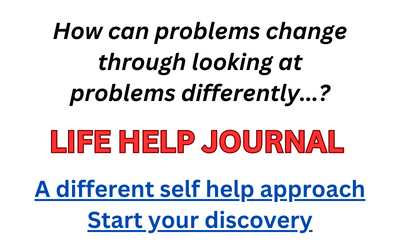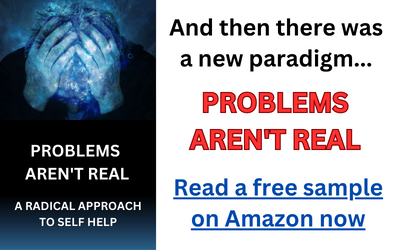People respond to beginnings and endings in different ways, the response typically dependent upon how an event was perceived. If an event was judged to be gratifying, its end is met with some form of disappointment. If an event was found to be distasteful, its end may be celebrated. But whether the event was judged good or bad, there is always an end.
This is the nature of the life experience and in fact characterizes life itself. It begins, it happens, and then it ends. And the cycle moves quickly.
Is it not so that once a certain age is reached, usually some time during adulthood, life seems to move at hyperspeed? Looking back over life, one is left with an impression that it passed incredibly quickly. This can lead to melancholy or even fear. Why? Because it sparks consideration about the end of life itself.
It’s moved by so quickly. Some day it will be over entirely!
Of course this is true. While this reality may be thought of as something cruel, it also certainly provides an opportunity for growth. Endings, including the end of life, often spark reflection. The dying person, for example, will often contemplate existence. Is it finite, simply a physical body that is here and then gone, or is there something more?
Shall we wait to contemplate this until death has pushed endings absolutely into our awareness? Many people do wait, giving no consideration until they have to. It isn’t necessary however to do this.
We can die today.
This isn’t meant as a literal invitation to terminate the physical body. It is an invitation to die to life. To put this another way, to lessen attachments to the external world. The external world is unquestionably fleeting, and will always change and eventually end. Shall we let it go today?
Most people would consider this somehow defeatist. Life should be lived until it can’t be any longer! Hold on as long as you can! This view assumes that the external world is life, and that letting go of the external world means death. It is not necessarily so however.
Most people have heard of, if not witnessed directly, a dying person who surrenders to their end and is enveloped in peace. This peace was actually there all along, and is always there. This peace is the permanent, the real life behind the game of shadows that is existence on earth — what most people refer to as life. The people who grab onto life on earth and call it the true and the only life are unconscious to a reality beyond.
It is definitely there however: always there. Experience it though internal silence and nonresistance. Surrender entirely to what is as the dying person who ultimately finds peace does. Die to what is today, and find that there really is no dying.
And death once dead, there’s no more dying then. — William Shakespeare

